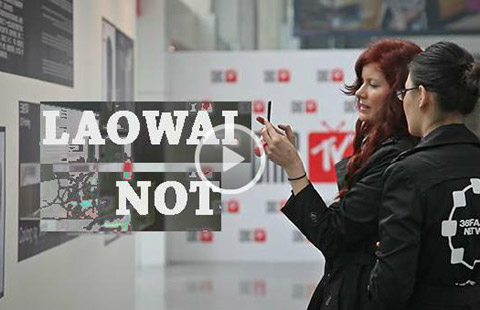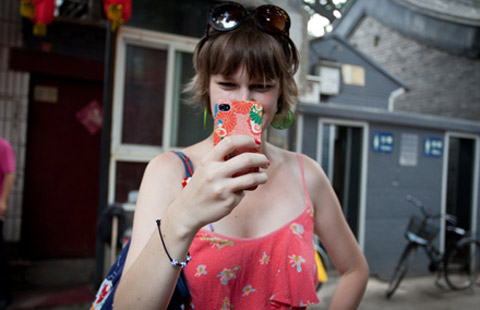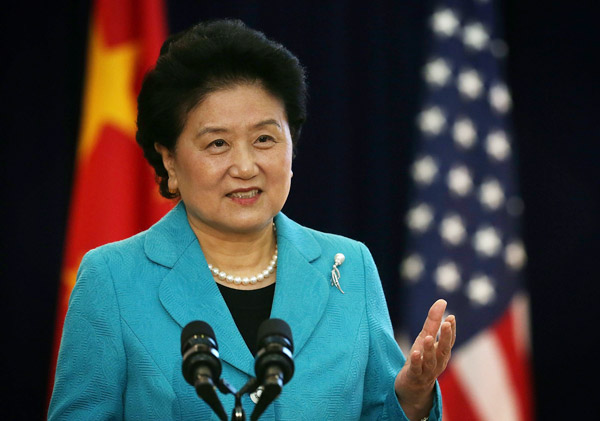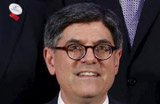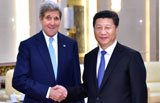China, Texas center increase efforts in cancer fight
Updated: 2015-06-22 13:16
By CHANG JUN and MAY ZHOU in Houston (chinadaily.com.cn)
Comments Print Mail Large Medium SmallChina will continue to work closely with the United States and deepen cooperation in medical research and practices to curb cancer and other diseases, Chinese Vice-Premier Liu Yandong said at a meeting with some 20 faculty members and staff at the University of Texas MD Anderson Cancer Center on Sunday in Houston.
After listening to an introduction by Ronald A. DePinho, president of the world-renowned cancer research and treatment institution, Liu reiterated the Chinese government's resolve to reform its medical and healthcare system.
She also shared her concerns about the rising number of cancer patients in China, and the prevention, early detection and treatment for the patients.
There are about 3.4 million Chinese diagnosed with cancer each year, of which about 2.1 million will not survive. That fatality rate accounts for 24 percent of the total cancer deaths in the world, Liu said.
The five-year survival rate of cancer patients in China is only about 30 percent, much lower than that at the Anderson Center, Liu said at the meeting.
"We have to work with the United States and Anderson Center to learn from the advanced science and technology, particularly in our nation's fight against cancer, concerning early diagnosis and detection, precision treatment and early prevention," said Liu, who at an April national conference said that medical reform in China was at a difficult and crucial stage.
"Both China and the US have agreed this year to add medical cooperation into our ongoing dialogue on high-level consultation on People-to-People Exchange," Liu said.
DePinho said a good opportunity exists for the US and China to battle cancer together. His organization is currently working with partners around globe. China is the most active partner country, with six sister institutions and numerous seed grants started.
"In a proud moment for us, one of our sister institutions, Sun Yat-sen University Cancer Center (Guangzhou), nominated MD Anderson to receive the International Science and Technological Cooperation Award in January at a ceremony held at the Great Hall of the People," said DePinho. "This recognition and our extensive work together are important symbols of our collaborative efforts to accomplish our mission of Making Cancer History."
The ceremony in January, attended by President Xi Jinping, Premier Li Keqiang and the vice-premier recognized MD Anderson's international ties to sister institutions in China with which it collaborates on training, education and patient care. The award was granted through the Chinese State Council to foreign scientists, science and technology engineers and managers, and organizations that have made important contributions to China's bilateral or multilateral scientific and technological cooperation.
Medical exchanges between Anderson and China date back to 2003, when China sent its junior faculty and researchers to Houston for training and industry expertise. In the past decade or so, Anderson and China have launched numerous collaborations on many fronts, said Dihua Yu, professor of molecular and cellular oncology at Anderson.
"It's very rewarding experience (of working with Chinese counterparts); we've made major progress, which led to joint grants, joint publication and joint co-training of a younger generation of scientists and doctors," said Yu, adding that the efforts have benefited patients in both countries, "thus we will continue".
According to MD Anderson, its Sister Institution Network Fund (SINF) which was launched in 2010, includes six institutions in the cities of Beijing, Shanghai, Hong Kong, Guangzhou and Tianjin.
An example of a joint project is the Center for Translational and Public Health Genomics, created by Xifeng Wu, chair of the Department of Epidemiology at the Houston center.
"We have been conducting clinical research on radiation therapy as well as other epidemical diseases," Wu said. "We obtained (much) useful data, and in the end, we share the results of research to benefit patients in both countries."
Wu's center also provides training to students, junior faculty, clinicians and professors from Beijing, Xi'an, Shanghai, Nanjing and elsewhere.
"They (trainees) are top-notch research professionals, and many of them, upon finishing training with us, went back to China and set up similar research programs there. This enables us to continue to cooperate on various projects," Wu said.
Wu said that through cooperative projects she saw how much the Chinese government has invested in medical science research and training.
"I think China has embarked on the right track in putting efforts and funds into research and training," Wu said. "It is developing rapidly in its capability in treatment and research."
Xiaodong Jiang, the China head of NEA, an active healthcare investor with more than 35 years of experience funding more than 80 healthcare companies that have gone public in China, said Liu's visit to Anderson is symbolic.
"She is leading the government's efforts to deepen healthcare reform in China, and there is much that the US can offer to China," Jiang said.
Jiang believes much could be done in the areas of technology exchange, collaborative medicine and joint medical research.
"The US today has the most advanced technology in fighting cancer, including the latest developments, such as immune therapy, while China has the world's largest population of cancer patients and new diagnosis," he said, adding that the rise of the Internet and digital health technology will enhance the collaboration.
America started its "war on cancer" in 1971 under President Richard Nixon, and the number of cancer survivors remains has grown by 19 percent in the last 15 years.
"Much can be learned from the best practices of top comprehensive cancer centers such as M.D. Anderson and the University of California, San Francisco (UCSF) to advance the state of the art of fighting cancer in China," Jiang said.
Professor Robert Warren in the Department of Surgery, and chief of surgical oncology at UCSF, said there are a large number of academic medical centers in the US conducting cutting-edge clinical research in all areas of clinical medicine, and historically the largest number of advances in medical and surgical care, particularly in oncology.
"We are poised to collaborate with physicians and researchers in China to accelerate the advancement of medical care, sharing our experiences and outcomes for specific disease which may differ in the West vs. the East," said Warren, who also acts as the chief medical officer at MORE health, a cross-border medical service consultancy startup.
Liu is in the US to co-chair with US State Secretary John Kerry the sixth China-US High-Level Consultation on People-to-People Exchange, which will be kicked off by Liu and Kerry in Washington on Tuesday. CPE provides a high-level annual forum for government and private-sector representatives on both sides to discuss cooperation and exchanges in a broad, strategic manner.
Contact the writers at junechang@chinadailyusa.com and mayzhou@chinadailyusa.com.


